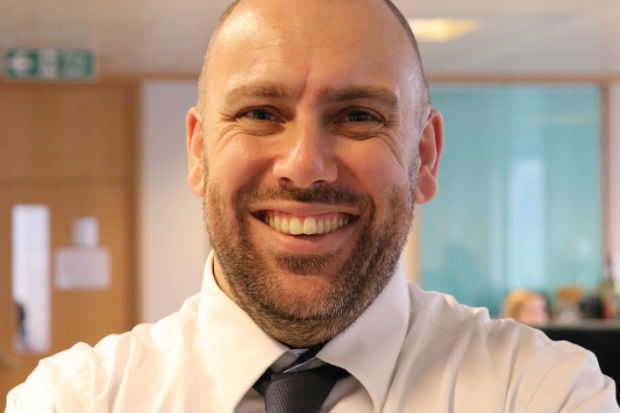
For the last year, Civil Service HR has been developing the business case and requirement for the CS Learning 2020 project. The project is our way of putting in place new contracts and arrangements which enable relationships with suppliers of learning and development (L&D) products across the whole Civil Service.
This is effectively the third time around for central organisation of L&D contracts, and we’ve learned a lot of lessons from what worked well and what we might like to improve. It’s an ambitious programme, with timescales that have been described as “heroic”. But I am really proud to say that we are running pretty much to time.
Our project chair, Debra Lang, Director of People and Workplace, DCMS, and I set ourselves the challenge of being the most widely engaged project in government, a challenge the project team have risen to and delivered on.
There have been literally thousands of touchpoints with learners, leaders of learning and senior colleagues accountable for capability growth in the Civil Service, and we’ve made sure that engagement merged into the commercial space too. After all, there’s no point in building a delivery approach that doesn’t provide people with what they want and need. But it would be an equally questionable approach to put to the market a requirement that few or no suppliers feel capable or willing to deliver.
Colleagues in the CSHR Supplier Engagement team have worked with both our Learning Experts and Crown Commercial Service to develop a realistic view on what is possible in the market before pen was put to paper and the specification developed.
At that point we went back to the market with a presentation, which we presented in a session with over 60 organisations. What this offered was an opportunity for the market to question and challenge us on our thinking. We came away with some helpful questions that deepened our thinking further.
We then invited any organisation with views or further questions to a long series of one-to-one sessions where suppliers were invited to explain their propositions and the risks and challenges they perceived in our approach. The outcome of all of these sessions was then fed into our strategy. To make sure our proposed approach was truly robust, we held a further open forum, with over 130 attendees from across the globe who had self-identified as interested in supplying to us. All this engagement is available online for anyone interested in exploring further.
Engagement, while critical to our success, is still tricky. Because of the need to run open and fair procurement processes, there are times when we are passing on information and insight, and times when we need to 'listen' to others who have an important perspective that we need to hear. At the supplier forums we were mostly passing on information and listening to initial questions in order to inform further. At the one-to-one sessions we were very much in listening mode, seeking to understand and respect the insight of others.
Shortly, we will publish our procurement specification and ask suppliers to put in bids. Once we go into procurement, our avenues to engage with the market becomes much more about making sure bidders have the information they need – when potential suppliers ask questions we can answer they are answered openly and publicly, so no bidder gets an unfair advantage. And we have to be careful about what meetings we attend and what information we give out, for the same reason.
We’re asking potential suppliers to help us in this space. Because of the regulations around public procurement it’s really important that the appearance of lobbying or attempts to influence are avoided. If a contract were awarded to a supplier where there was any suggestion of improper process it can lead to legal challenges, delays, and the contract being awarded to a different bidder. This would be a big problem for us and for suppliers. Taking that into account, it would be better if no sales pitch type meetings or engagement with senior officials or politicians took place during the procurement process.
We’re really excited to see what bids we receive, and the opportunities they present as we continue to build relationships with our stakeholders and suppliers. We look forward to updating you in a few months’ time.
